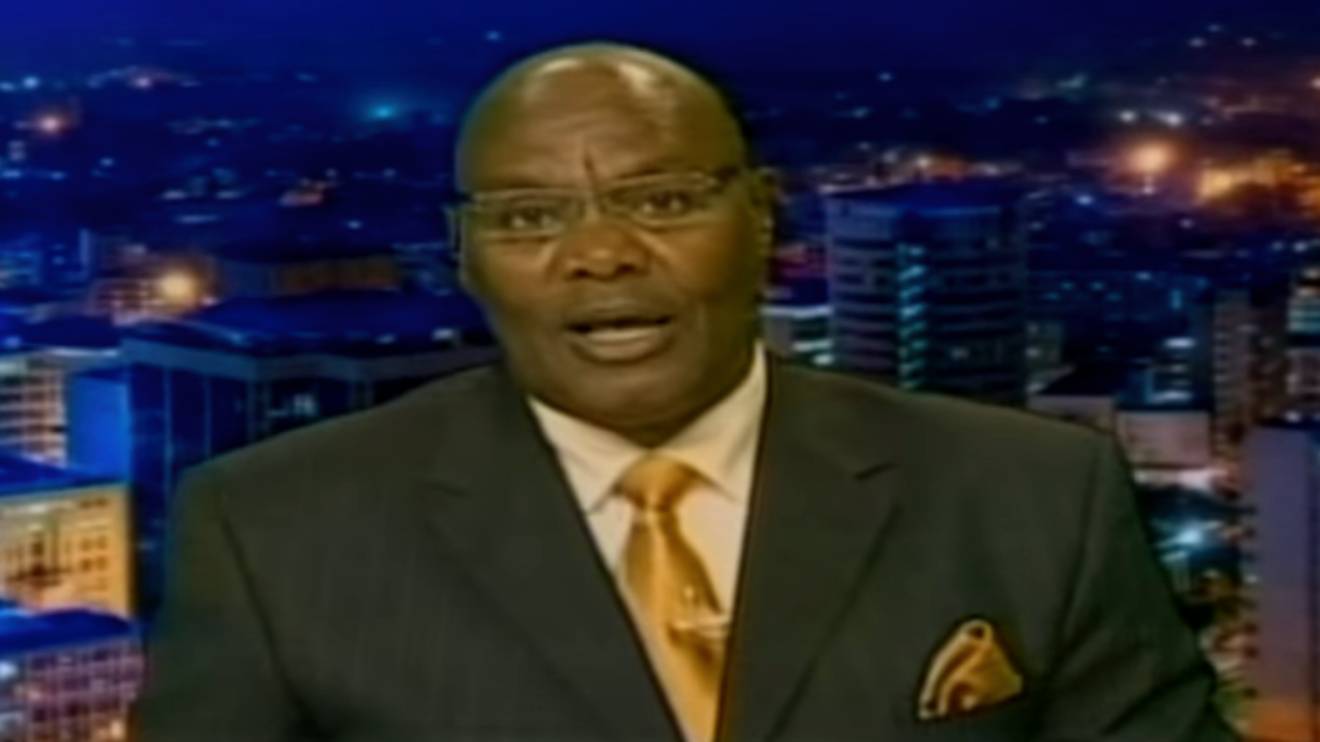National Assembly Speaker Moses Wetangula has taken a firm stance on fashion in the hallowed halls of the Parliament, declaring a ban on the beloved Kaunda suits worn by Members of Parliament.
In a not-so-subtle fashion intervention, Wetangula referred to Rule 9 of the Speaker's Rules during an address to the National Assembly on Tuesday, categorically stating that the iconic suits, often referred to as Mao Zedong coats, were no longer considered suitable attire.
“My predecessors have had no issue with Kaunda suits. Going forward, any attire outside what is prescribed in rule 9 of the Speaker’s Rules is prohibited. This includes Kaunda suits, whether long or short-sleeved,” Wetangula declared.
The Speaker emphasized that the dress code outlined in Rule 9 must be adhered to not only in the chamber but also in the committees, lounges, and dining areas.
Wetangula justified this move by expressing concern that evolving fashion trends were gradually eroding the traditional attire expected of MPs, compromising the gravity of parliamentary proceedings.
Read More
“I do this to guard against negating the set standards, especially given the current preference for members to dress easily. This practice outrightly does not accord with the seriousness of the proceedings of the House and its committees,” the Speaker asserted.
In a surprising turn, Wetangula expanded his sartorial crackdown by banning the wearing of hats, caps, and traditional attire within the parliamentary precincts.
“Hats and caps for men are not permitted in the chamber and committees. Traditional and cultural attires are not permitted in the chamber, lounges, and dining areas,” he proclaimed.
The parliamentary dress code, as outlined by Wetangula, prescribes a formal dress standard for both men and women. Men are expected to don a coat, collar, tie, long-sleeve shirt, long trousers, socks, shoes, or their service uniform.
Women, meanwhile, are required to dress in business, formal, or smart casual attire.
As the Kaunda suits face eviction from the parliamentary stage, and hats and caps find themselves ousted from the political limelight, MPs are left to ponder the implications of this sartorial crackdown.
The Speaker's fashion edict, aimed at upholding the dignity of parliamentary proceedings, leaves no room for leniency in the face of evolving wardrobe preferences among the nation's legislators.


-1756110371.jpeg)

-1749231819.jpg)

-1741732649.jpg)





-1757457290.jpg)